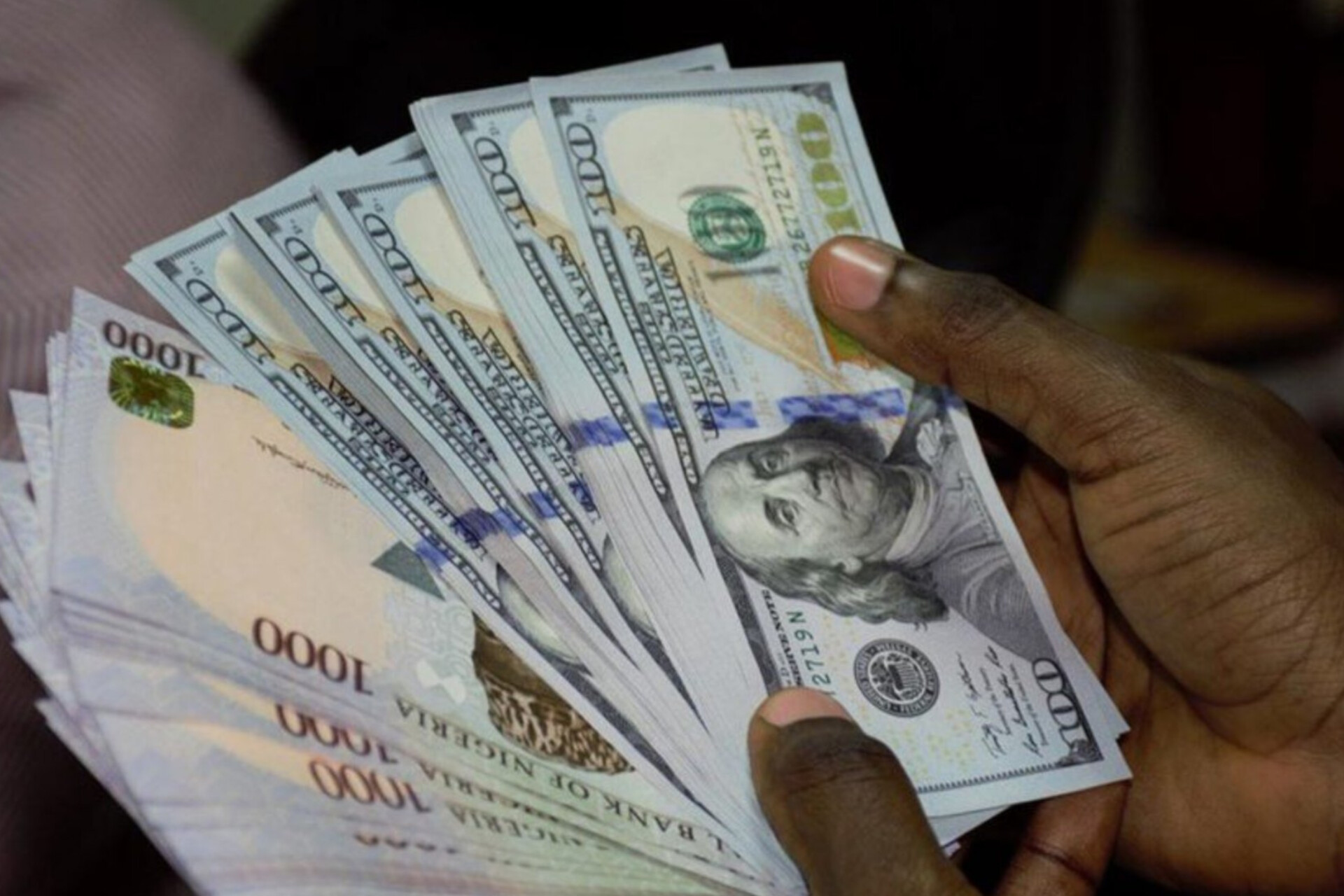Fitch Ratings, an international credit rating agency, predicts that the Nigerian currency, the naira, will reach 1,450 to the US dollar by the end of this year.
Gaimin Nonyane, Director at Fitch Ratings, shared this information during a webinar about Nigeria and Egypt.
In May, Fitch improved Nigeria’s Long-Term Foreign-Currency Issuer Default Rating from Stable to Positive, keeping it at ‘B-’. This decision was based on recent changes in Nigeria’s foreign exchange market, oil industry, and monetary policy.
Nonyane explained that the naira, which has been unstable since it started floating in June 2023, is still adjusting.
“The Naira is still finding its feet. It is still in price discovery mode. So we would expect a lot of volatility in the near term. However, as I just mentioned, there is the expectation of multilateral donor funding coming in Q3 this year in addition to improved oil receipts. So that should help to reduce volatility somewhat by Q3 this year,” he said.
Fitch expects the naira to average about 1,200 per dollar this year and end around 1,450 per dollar.
Next year, a gradual depreciation is anticipated, depending on the continuation of current foreign exchange reforms.
Regarding a possible rating upgrade for Nigeria, Nonyane noted that it would depend on a stable foreign exchange position, increased tax revenue, and reduced inflation.
Moreso, Nigeria’s tax revenue is currently low, which affects its economic rating.
Fitch also forecasts a recovery in Nigeria’s oil sector, with increased oil refining capacity expected to lower transport costs and reduce the need for imported refined oil. This improvement should ease the demand for foreign exchange.
Nigeria’s foreign reserves have decreased from $34 billion in March to about $32.7 billion, mainly due to debt repayments and support for the naira.
Fitch projects a slight rise in reserves by the end of the year due to better oil receipts and possible funding from international sources.
Beyond Boders recalls that the Minister of Finance, Wale Edun, mentioned on Channels Television that the World Bank might approve a $2.25 billion package for Nigeria soon.
This funding, expected in the next few weeks, is aimed at supporting Nigeria’s economic stability and growth.
Edun emphasized that this funding recognizes the efforts made to stabilize and grow the Nigerian economy, showing confidence in Nigeria’s financial management.




